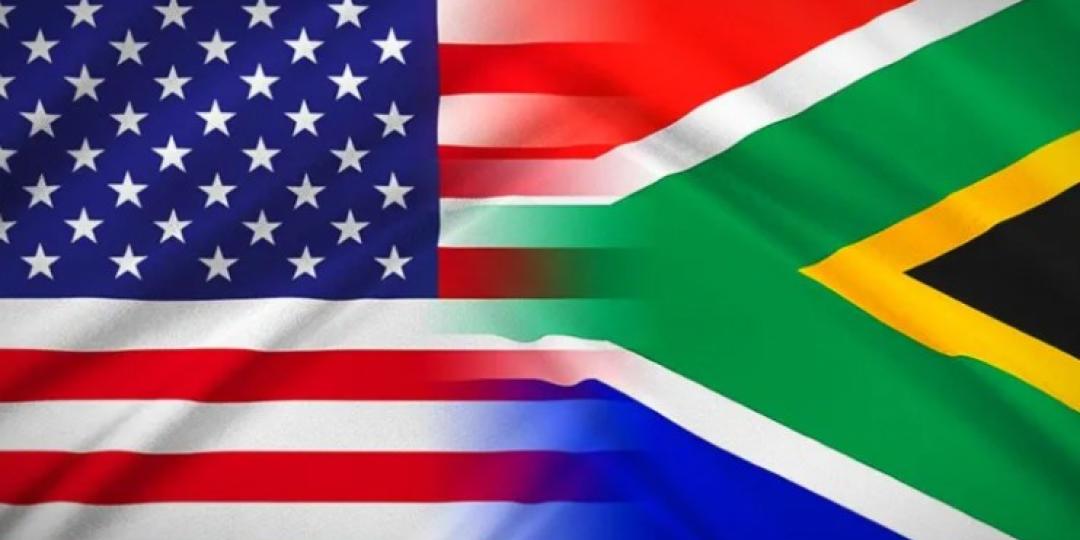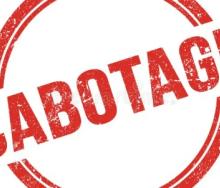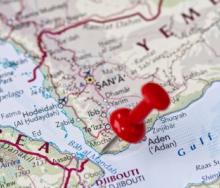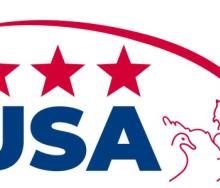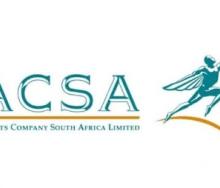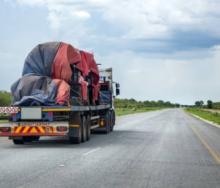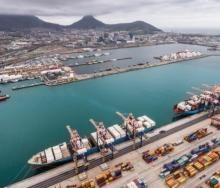South African exports to the US will be prioritised when high-level delegates from the country’s trade industry again meet with their American counterparts at the US-Africa Business Summit in Angola.
The conference starts on Sunday, June 22, and will be the 17th iteration convened by the Corporate Council on Africa, but only the second time that public-sector executives from SA and the US will meet since May’s Oval Office negotiations.
Although President Donald Trump himself will not be attending the summit, delegates from his administration will be meeting with their South African counterparts.
One of them is Xolelwa Mlumbi-Peter, the deputy director-general of trade at the Department of Trade, Industry and Competition.
Speaking ahead of leaving for Luanda, Mlumbi-Peter said the framework for negotiation that had been established in Washington would be used as a template for further discussion around softening the “reciprocal tariffs” announced by Trump in April.
The initial tariff increases, meant to ‘liberate’ the US from perceived unfair trade benefits Washington claims are holding back its own domestic economic interests, would have seen tariffs of 30% and 25% respectively levied on mostly agricultural and aluminium exports, the latter including all vehicles and automotive parts sent to the US.
A week after the contentious April 2 tariffs, Washington announced a 90-day pause on the tariffs, but at the end of May, in a fit of pique aimed at China’s metal sector, Trump raised aluminium tariffs to 50%.
For the time being, South Africa is exempt from the aluminium tariff, but for how long?
Washington has stated that the exemption is because aluminium is classified as a strategic mineral by the US, and South Africa is a competitive global supplier with significant demand in the US market.
Under the Section 232 tariffs, certain countries can and have requested product-specific exemptions.
Subsequently, South Africa currently enjoys exemptions on 161 aluminium products such as foil, sheets, plates and strips, as well as 36 steel products.
However, given the tenuous circumstances over US tariffs and what it could mean for South African exports when the 90-day pause ends on July 9, Mlumbi-Peter has her work cut out for her.
It is expected that a pledge to import R1 billion in gas from the US will be underscored – if not confirmed – in exchange for certain trade guarantees by US trade representatives attending the summit.
One of them will be advocating for a decrease in the baseline 10% tariff to which South African exports to the US are currently subjected, Mlumbi-Peter said.
She added that this would be a precondition for continued trade discussions with the US, adding that South Africa would like to see the US pull back from its intention to scrap duty-free trade benefits protected by the African Growth and Opportunity Act (Agoa).
Trade analysts, though, say that Agoa is on life support and will most likely be scrapped when it comes up for renegotiation in September.
Mlumbi-Peter indicated that it was important not to kowtow to US demands, and that South Africa’s development goals must not just be protected but promoted.
It’s a fine line to tread, though, because US tariffs, in a worst-case scenario, could cause a jobs bloodbath in South Africa, especially in the fruit production and vehicle manufacturing sectors.
The US-Africa Business Summit will bring together more than 1 500 delegates, including African heads of state, senior government officials from Washington, and captains of industry both on the continent and abroad.
